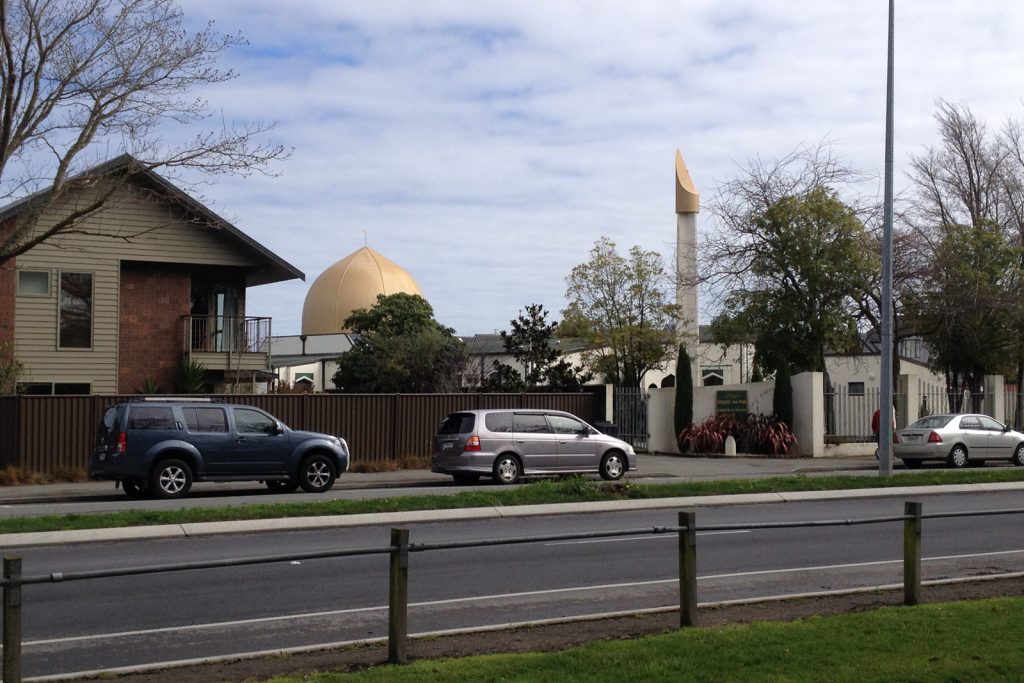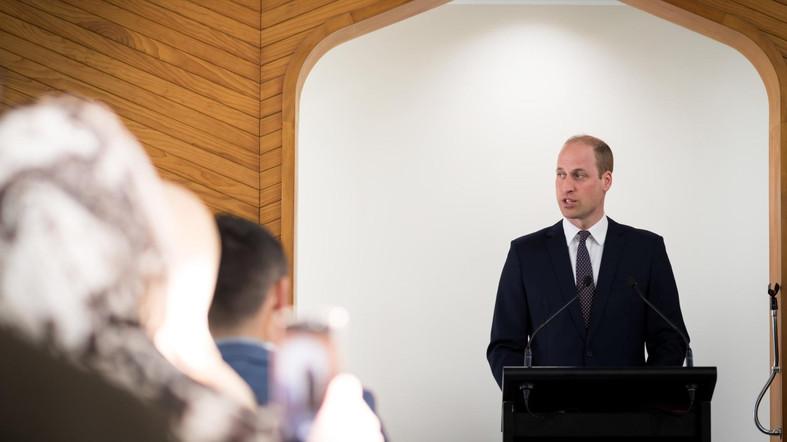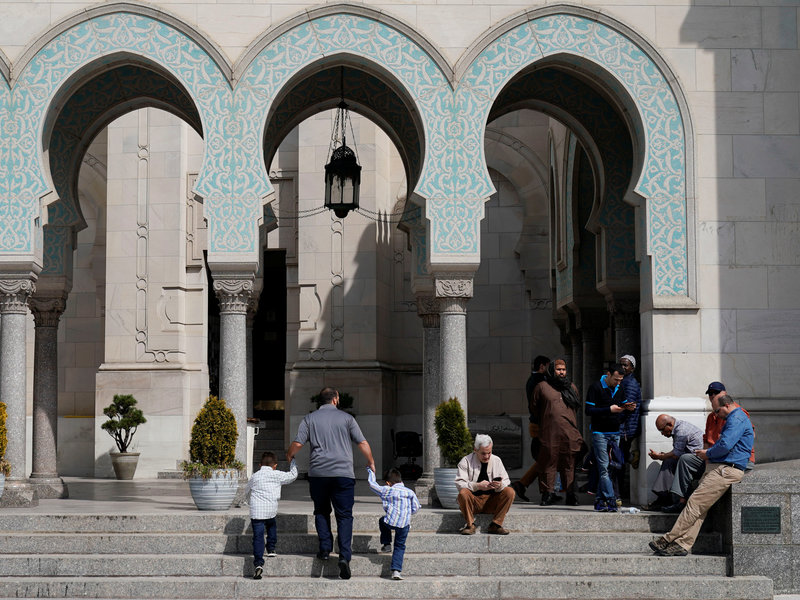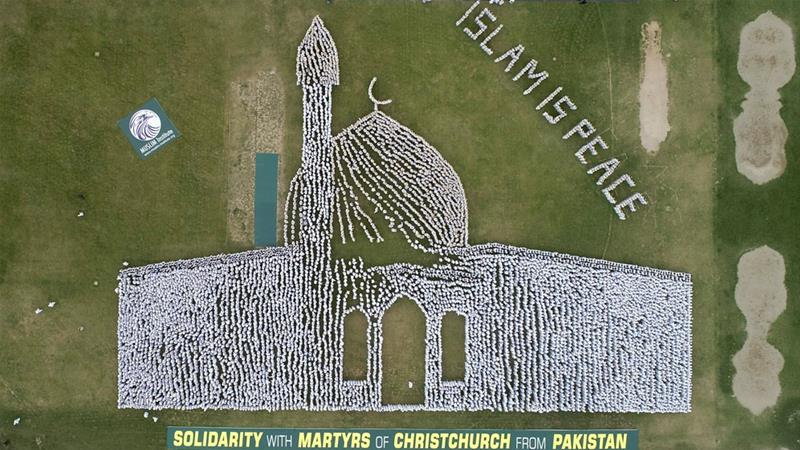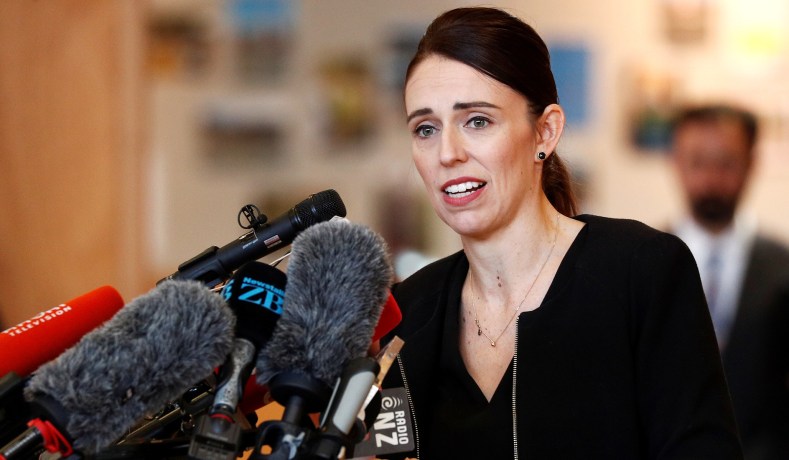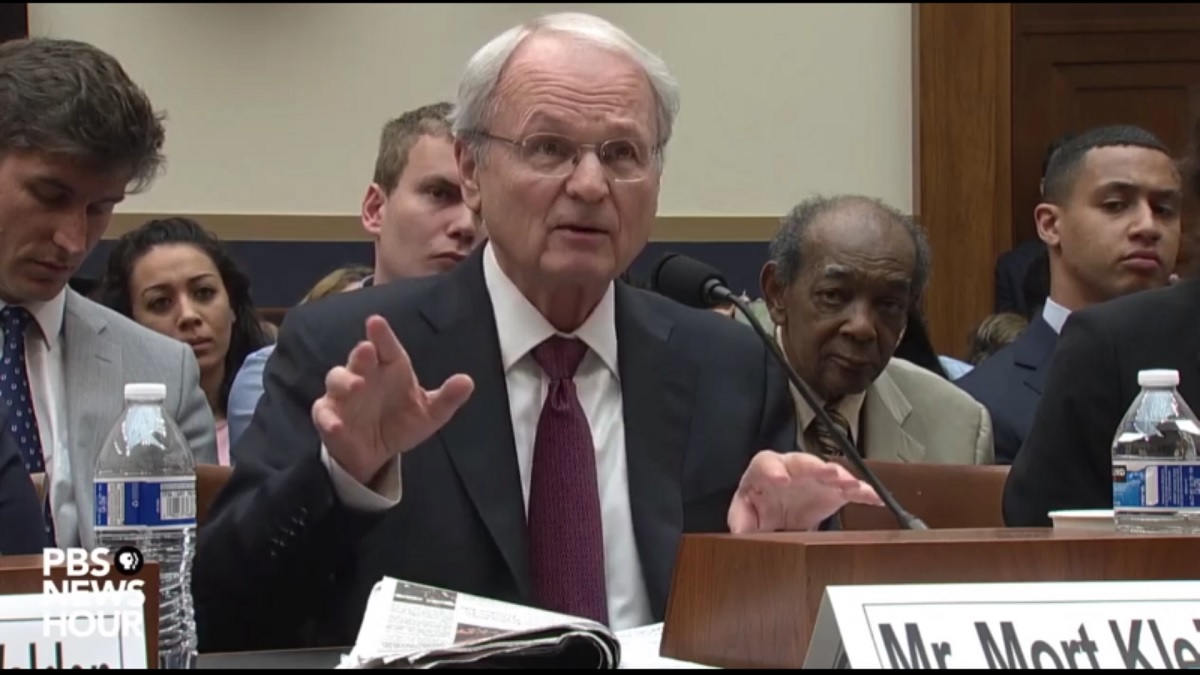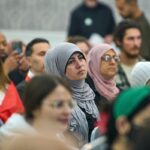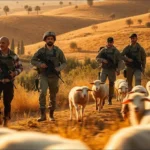After the New Zealand mass shooting, a Buddhist practitioner reflects on praying with her Muslim neighbors. By Suzanne Harvey APR 09, 2019
On March 15, as reports came in about the massacre of Muslims while they prayed in Christchurch, New Zealand, I was moved to visit our local mosque in Nashua, New Hampshire and pay respects with my Muslim neighbors at Jumu’ah, or Friday Prayer. I also wanted to show my support and share my grief with my friend Mustak, a member of the congregation and a local community of Rohingya refugees from Myanmar.
I asked Mustak how he felt going to his mosque following the news of the mass shooting.
You may be interested
“It was just another day,” he said, aware that Islamophobia and hate-fueled violence are a daily occurrence around the world. “New Zealand wasn’t different.” I was not expecting that response.
Besides, he explained, “We are focused on prayer in the mosque, not on things on the outside.”
Arriving early at the mosque, I removed my shoes, covered my head with a scarf, and took a seat alone in the empty women’s side. On a large video screen, I could see the spot on the men’s side where the imam would offer the Khutbah, or sermon—and where men were greeting each other with warm hugs.
I closed my eyes and found myself spontaneously practicing tonglen, the sending and taking meditation of Tibetan Buddhism. In tonglen practice, with each inhale, you take in the suffering of others (or your own), and with each exhale you send out spacious wishes for healing and well-being. I focused on the victims and survivors of the massacre, breathing in the horror, the pain, the fear, and breathing out love with each exhale. Then I included Muslims worldwide, imagining their response to this latest attack on their beliefs. How do you emerge from something this horrific and step out into the world as a member of a targeted faith? I sensed the space around me filling up with female worshippers, and I included everyone at the mosque in my practice. No one would be left out in this expansion-of-the-heart meditation.
When I opened my eyes, the room was filled with women, mostly kneeling on the floor, facing the screen, while several children played joyfully behind us.
The imam began his teaching for the day, mostly in English, with a reference to the killings and the power of speech. He said that we are given the gift of speech from God, and we are to use it wisely. I interpreted it as a reference to the killer’s “manifesto” or the rise of hate speech and considered how it resonated with Buddhist teachings that right speech is part of the eightfold path to enlightenment.
The imam then steered the worshippers to a ethics of kindness before devoting the rest of his teaching to the importance of education—both studying the Quran and learning about the secular world. He particularly emphasized that everyone should ensure that their children, too, received a good education.
There have been three generations of Rohingya not allowed by the Burmese government to go to school, Mustak told me. But he is sure the new generation in America will be different. “Education is a gift,” he said. “Someone can give you money and you can spend it all and have nothing. But once you get an education, it’s yours forever.”
Listening to the imam, especially when he began some solo chanting, evoked in me a feeling of deep connection with all those present and with people around the world sharing a felt grief on this day of horror. His chanting also had a melancholy resonance with my experience hearing cantors singing prayers to God in synagogues—the same minor-key tones sung from the same sacred space in the heart.
It was a moment of deep recognition of our common bond as humans, congregations, and sanghas struggling both to make sense of our world and to live in peace on a planet that often seems to be under siege.
I asked Mustak if he was optimistic or pessimistic about Islam in America. He thought before answering, “Both.” Any pessimism he feels is because Islam in the US is not united—there are many different Muslim cultures and no singular leader. His optimism comes from the teachings of Mohammed, who said that humans have the capacity to make decisions. So, he said, we need to make good ones.
My friendship with Mustak would be rare in his home country, where the majority Buddhist army, under government leadership, has systematically tried to destroy the ethnic Rohingya population. Yet here, he and I can each see something in the other that has consciously moved us from being acquaintances to friends—the same connection that brought me to his mosque that sad day. The forms of our spiritual paths differ, but we can still practice them under the same roof in a gesture of friendship and respect.
Although we may not be able to flush out hate in our world, we can control how we respond to it and how we reach out to others in times of crisis. My intentional tonglen practice helped remind me that nothing in my heart and mind could break the connection between those suffering worldwide and my sincere wish for their well-being. Our collective sense of devotion, even if differently imagined, supports our striving for life, liberty, and happiness that all sentient beings share.

